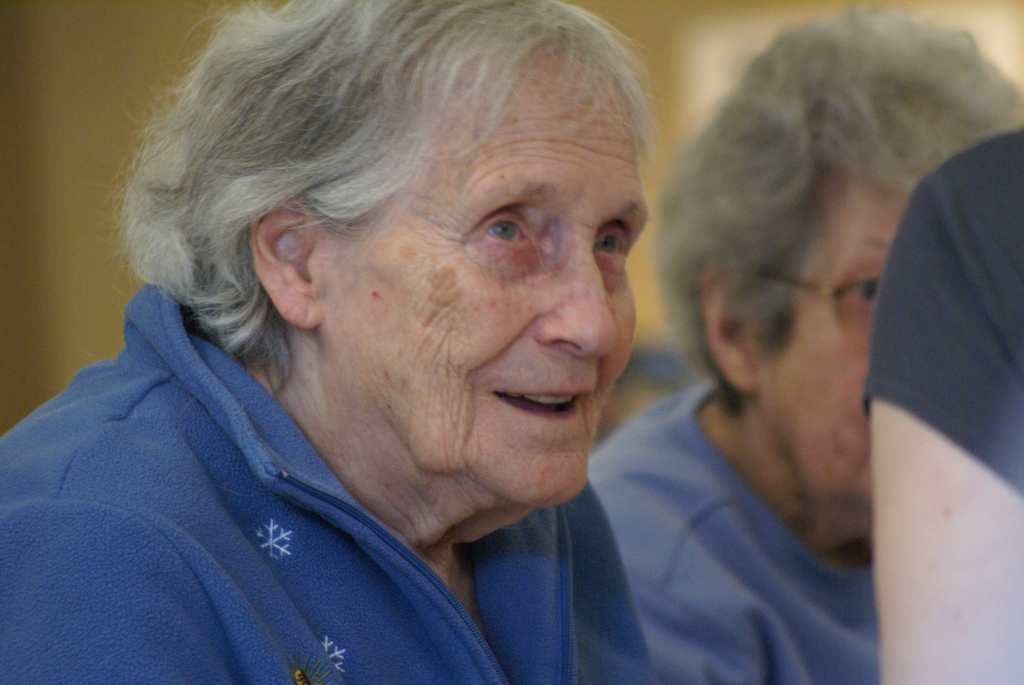Elder Abuse Cases Can Be Prevented
Elder abuse happens more often than we like to think, and because many vulnerable seniors live alone with few visitors, cases often go unreported. Abuse can be physical, psychological, or financial, and may reduce the life expectancy of victims. However, the good news is that abuse can be prevented. By becoming aware of the warning signs, knowing what to do if you suspect abuse, and knowing how to choose the right caregiver for your loved one, you can ensure that your elderly family member’s golden years are protected.
How to Spot Warning Signs of Elder Abuse
If you employ a caregiver or if your loved one resides in a care facility, it’s important to know the signs of elder abuse so that you can immediately take action if you suspect that your loved one has been mistreated. Warning signs include:
- Bruises, marks, bleeding, or other unexplained injuries
- Marked change of demeanor on the part of the elderly person that can’t be explained by known health conditions
- Inappropriate use of medication, either too much or too little
- Refusal on the part of the caregiver to allow private visits with the elderly person
- Poor hygiene
- Dirty or torn clothing
- Unsafe or unsanitary living conditions
- Signs of dehydration or not enough food in the house
- Unexplained withdrawals from the elderly person’s bank account
- Items missing from the home
- Abrupt and unexplained transfer of assets or changes to a will
- The elderly person’s report of mistreatment
If you spot any of these signs, or if you simply suspect that something isn’t quite right, it’s time to investigate further. It’s better to investigate and find nothing wrong than to hope for the best and discover that your elderly loved one wasn’t treated well by those you trusted to provide care for him or her.
What To Do If You Suspect Abuse
According to the National Center on Elder Abuse, only one in six cases of abuse get reported to the appropriate authorities. This isn’t because people don’t care, but it may be because they are unsure whether abuse is occurring or they don’t know what to do. Remember that it is not your responsibility to prove that abuse has occurred; that is the responsibility of the police or protective services. If you see any of the warning signs listed above or if you have other reasons to suspect abuse, take these steps:
- If your loved one is in immediate danger, call the police or 9-1-1.
- For non-life-threating situations, call the Adult Protective Services office in your area.
- Be prepared to answer questions about your loved one’s medical condition, available support systems and caregivers, and the reasons for your suspicion.
Your identity will be protected when you report abuse, so don’t let fear of the suspected abuser prevent you from making a call that could save a life.
Choosing a Caregiver for Seniors
Many cases of abuse are perpetrated by caregivers when the family is out of town or can’t make regular visits. You can help prevent these frightening situations by taking a few extra steps when choosing an in-home caregiver for your loved one. Look for a caregiver that is bonded and insured. If you are working with an agency, make sure all caregivers are properly vetted before hiring. Ask how caregivers are supervised and how the agency ensures quality care. Check references and ask pertinent questions to get a feel for the quality of care provided. Look for continuity of care so that you and your loved one can build a personal relationship with the caregiver.
If you have additional questions about your loved one’s care, don’t hesitate to communicate them to your chosen caregiver. A quality caregiver will be open and transparent about all care practices and will be more than happy to answer your questions.
Photo by University of the Fraser Valley -(cc)
Private Duty Boost! Is Here To Help You!
Whether you or your loved one needs help with personal care, supportive services, companionship or more, we are here to help! Just call Private Duty Boost! today at (760) 579-1683 to get started!

